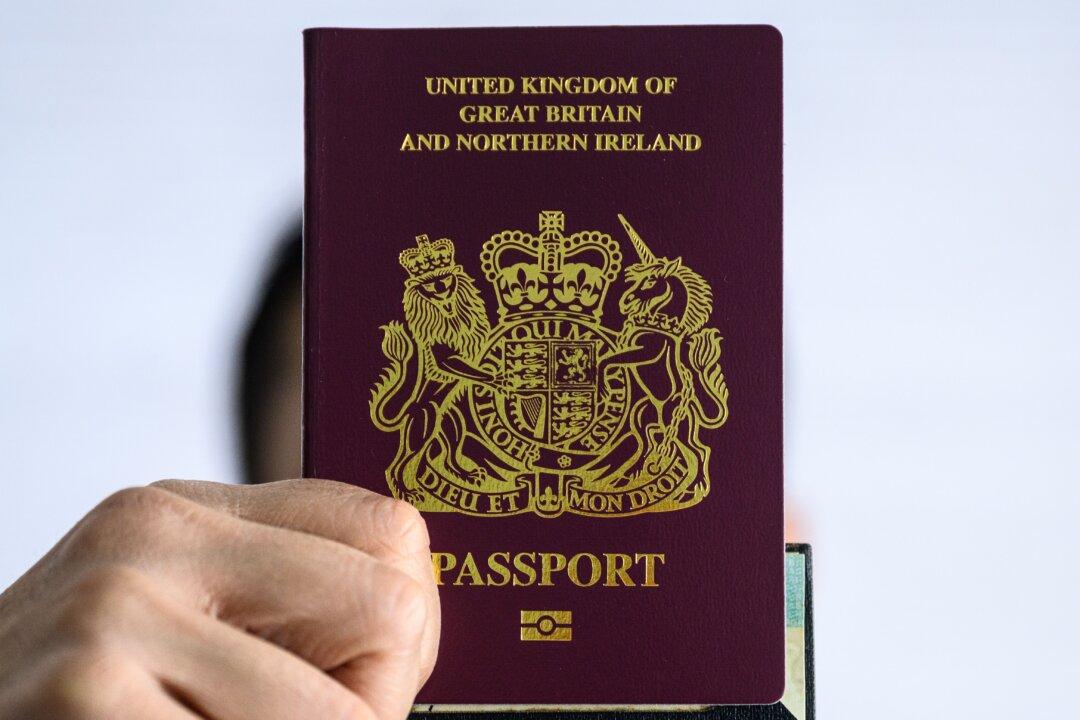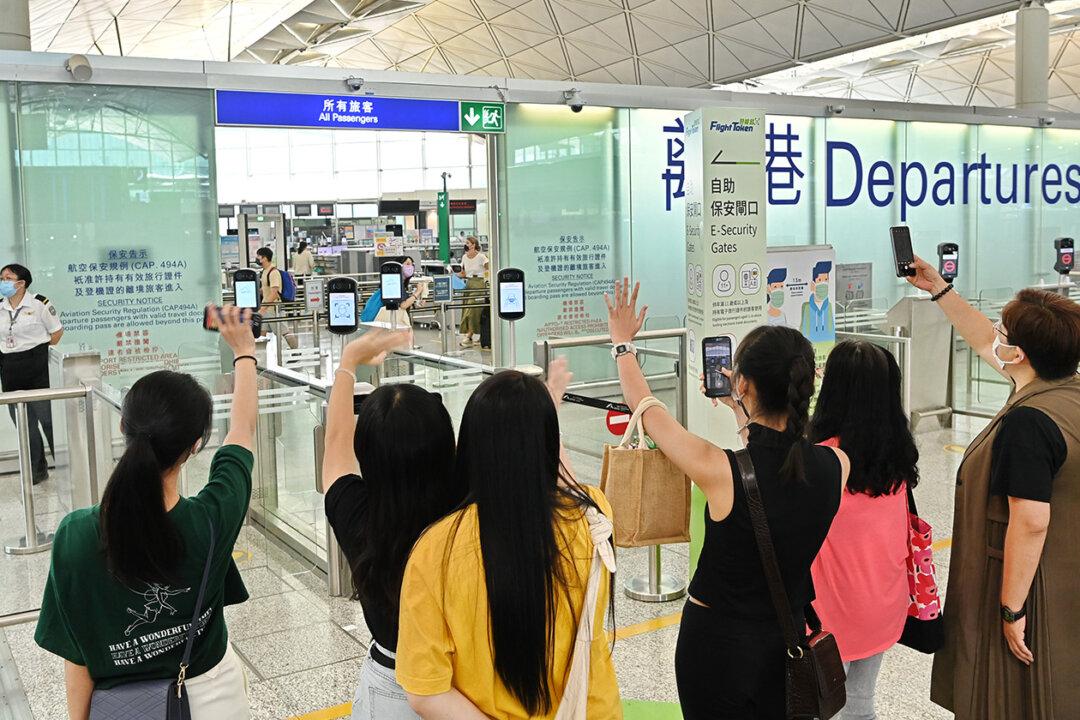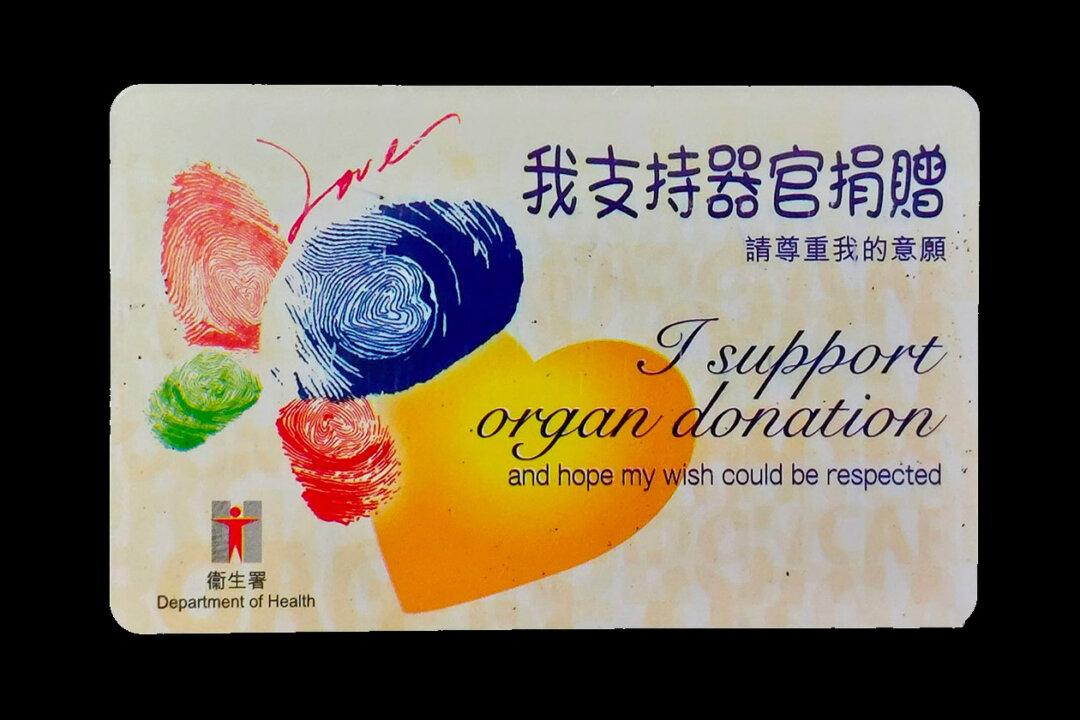The Home Office of the U.K. recently announced that a total of 144,500 Hong Kong residents have been admitted to the country over the past two years since the British National (Overseas) (BNO) visa scheme was introduced on Jan. 31, 2021. A recent survey conducted by overseas Hongkongers found that nearly 70 percent of Hongkongers moved to the U.K. over the political situation, freedom, and personal safety concerns. Scholars describe them as “political refugees.”
The survey was conducted by Citizens of Our Time Learning Hub, founded by Hongkongers who immigrated to the U.K. and collaborated with foreign Hongkongers media, The Chaser News. The questionnaires were distributed online from Nov. 1 to Nov. 29, 2022. About 822 valid questionnaires were returned from residents aged 16 or above who moved to the U.K. under the BNO Scheme.




